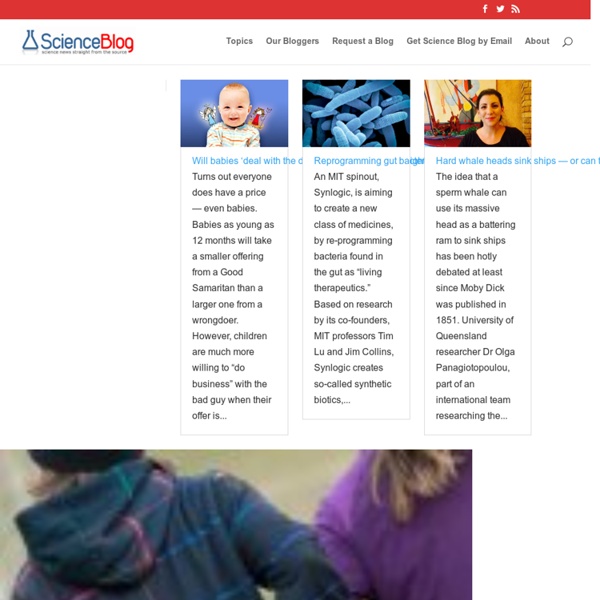



Social bees mark dangerous flowers with chemical signals Scientists already knew that some social bee species warn their conspecifics when detecting the presence of a predator near their hive, which in turn causes an attack response to the possible predator. Researchers at the University of Tours (France) in collaboration with the Experimental Station of Arid Zones of Almeria (Spain) have now demonstrated that they also use chemical signals to mark those flowers where they have previously been attacked. Researchers at the University of Tours (France) and the Experimental Station of Arid Zones of Almeria (EEZA-CSIC) conducted an experiment to study whether bees are capable of using evasive chemical signals to mark those flowers where they have previously been attacked. For this purpose, they simulated a predator attack and observed whether the bees advised the rest of their conspecifics of the danger of gathering nectar at a certain plant. This study supports the idea that the sociability of bees is linked to the evolution of warning signals.
free online file converter and YouTube video downloader.Convert videos, audio files, documents and ebooks. Science Daily: News & Articles in Science, Health, Environment & Technology Bad Science Bees, Crocus and Snowdrops; The wonders of the spring garden One of my honeybees, covered in pollen, descends into a patch of crocus. Photos by Doug Oster The weather is right for flying bees, blooming crocus and flowering snowdrops. When there are only a few things blooming, they shine as superstars in the garden. This is when I start to record what's blooming and where so I know what's needed for the fall bulb planting season. At the the end of the day the light illuminates the flower and anther of a pretty snow crocus. You can really get a good look at the pollen covering this bee. I love how the bright orange anthers are set off by the dark blue flowers of this crocus. I love laying on the cool spring ground photographing these stunning spring flowers. This is what the bees are after, the tasty yellow pollen of the crocus.
TheVine: News and Entertainment SciLogs - Tagebücher der Wissenschaft Scientists Develop Robobees To Pollinate Flowers Should The Species Become Extinct Honey bee populations around the world are in decline due to causes ranging from ‘super mites‘ to Colony Collapse Disorder (CCD) and even cell phones – and if the insects disappear completely the planet’s ecosystems would be in peril. The issue has become so dire that now a team of Harvard and Northeastern University scientists are working on a swarm of miniature Robobee robots that could pollinate flowers and do the job of real bees if required. Speaking to Scientific American, the team leaders said: “In 2009 the three of us began to seriously consider what it would take to create a robotic bee colony. We wondered if mechanical bees could replicate not just an individual’s behavior but the unique behavior that emerges out of interactions among thousands of bees. We have now created the first RoboBees—flying bee-size robots—and are working on methods to make thousands of them cooperate like a real hive.” Nice – but what does that mean in layman’s terms? + Robobees via Scientific America